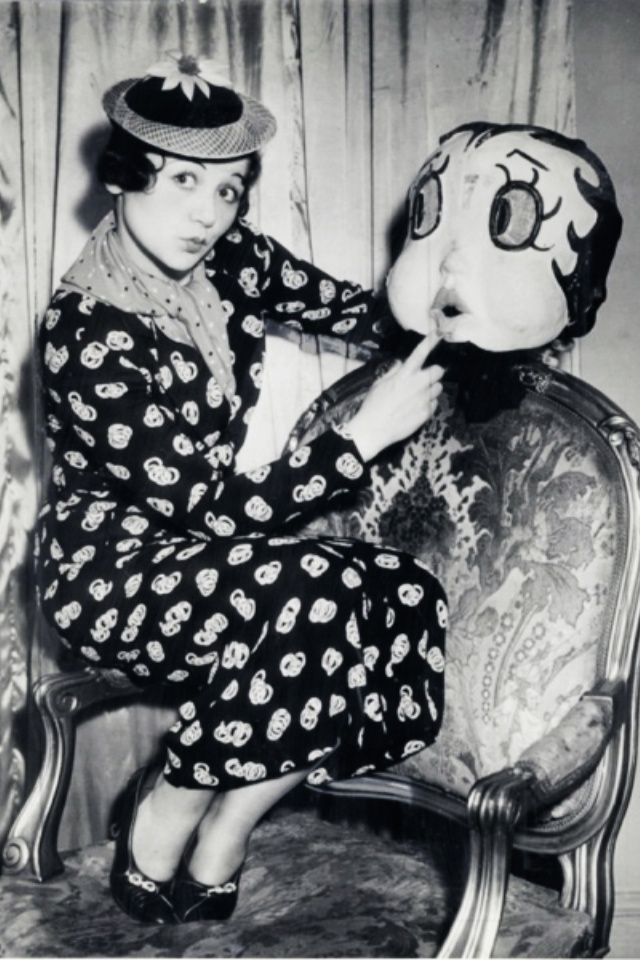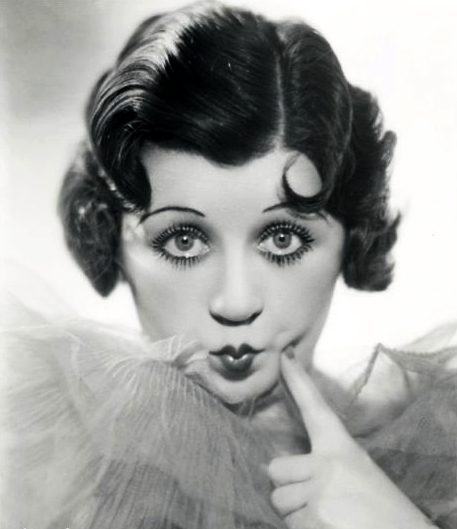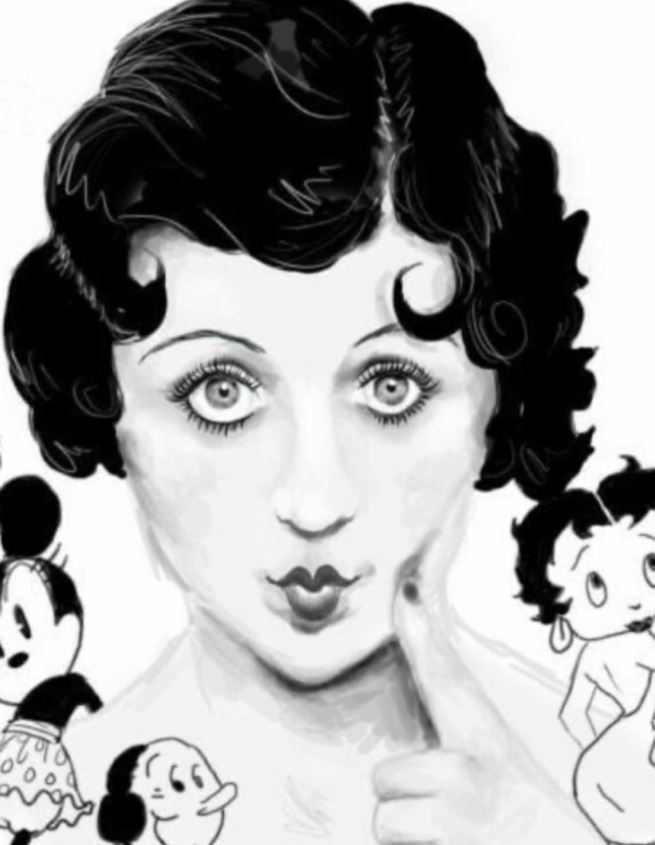Movie News
Discovering the Talent Behind Betty Boop: Unveiling the Actress Who Voiced Betty Boop
Betty Boop, the beloved animated character from the golden age of American animation, has captivated audiences for generations with her charm and distinct voice. But amidst her enduring appeal, one question persists: who voiced Betty Boop? Have you ever pondered over the talented individual who brought this iconic character to life with her unforgettable voice? Join us on an intriguing journey as we delve into the depths of animation history to uncover the enigmatic voice behind Betty Boop. Learn more at the Alibaytoon Store!
Exploring the Origins of Betty Boop
Before delving into the enigmatic voice that brought Betty Boop to life, let’s embark on a journey to uncover the origins of this iconic character. Betty Boop’s story begins in the vibrant landscape of 1930s animation, where animator Grim Natwick and visionary Max Fleischer joined forces to create a character unlike any other.
Grim Natwick, known for his innovative animation techniques and creative flair, breathed life into Betty Boop’s character design. With her large, captivating eyes, heart-shaped face, and distinctive curls, Betty emerged as a symbol of femininity and allure in the world of animation.

Max Fleischer, a pioneering force in the animation industry, recognized Betty’s potential to captivate audiences with her charm and charisma. In 1930, Betty Boop made her debut in the cartoon “Dizzy Dishes,” instantly winning over audiences with her saucy demeanor and flirtatious antics.
Betty’s popularity soared as she starred in a series of animated shorts, enchanting viewers with her infectious energy and signature catchphrase, “Boop-Oop-a-Doop!” Her whimsical adventures and playful spirit resonated with audiences of all ages, cementing her status as an enduring icon of American animation.
As Betty Boop’s star continued to rise, she became synonymous with the glitz and glamour of the Roaring Twenties, embodying the spirit of the era with her stylish attire and vivacious personality. With each new cartoon, Betty captivated audiences with her timeless appeal, solidifying her place in animation history as one of the most beloved and iconic characters of all time.
Unmasking the Talent: Who Voiced Betty Boop?
The enigma surrounding the voice of Betty Boop has long fascinated animation aficionados. The gifted actress who lent her voice to this iconic character is none other than Mae Questel. With her unparalleled vocal range and expressive delivery, Questel breathed vitality into Betty Boop, leaving an indelible mark on animation history.

Who voiced Betty Boop?
Over the years, Betty Boop, the iconic character, has been brought to life by several talented actresses. However, one of the most notable voices behind Betty Boop belongs to Mae Questel. Beginning her portrayal of Betty Boop in 1931 and continuing until 1939, Questel lent her voice to over 150 animated shorts, imprinting the character with her distinctive rendition of “Boop-boop-a-doop” that became synonymous with Betty Boop.
In more recent times, other actresses, including Cindy Robinson, have taken on the role of voicing Betty Boop. Currently, Cindy Robinson holds the position as the official voice for Betty Boop in commercials, contributing her own interpretation to the character’s enduring legacy.
Legacy and Impact
The legacy of Betty Boop and her iconic voice endures to this day, influencing popular culture and inspiring generations of animators and voice actors. Mae Questel’s portrayal of Betty Boop remains a testament to her unparalleled talent and the lasting impact of her work in the animation industry.
In the vast tapestry of animation history, few voices resonate as profoundly and universally cherished as that of Betty Boop. Mae Questel’s exceptional talents bestowed upon Betty Boop a voice that encapsulated charm, wit, and enduring allure, forever intertwining her identity with the character. As we honor the legacy of this iconic figure, we offer homage to the extraordinary talent who breathed life into Betty Boop, unraveling the mystery of who voiced Betty Boop and leaving an indelible mark on the annals of animation history.

